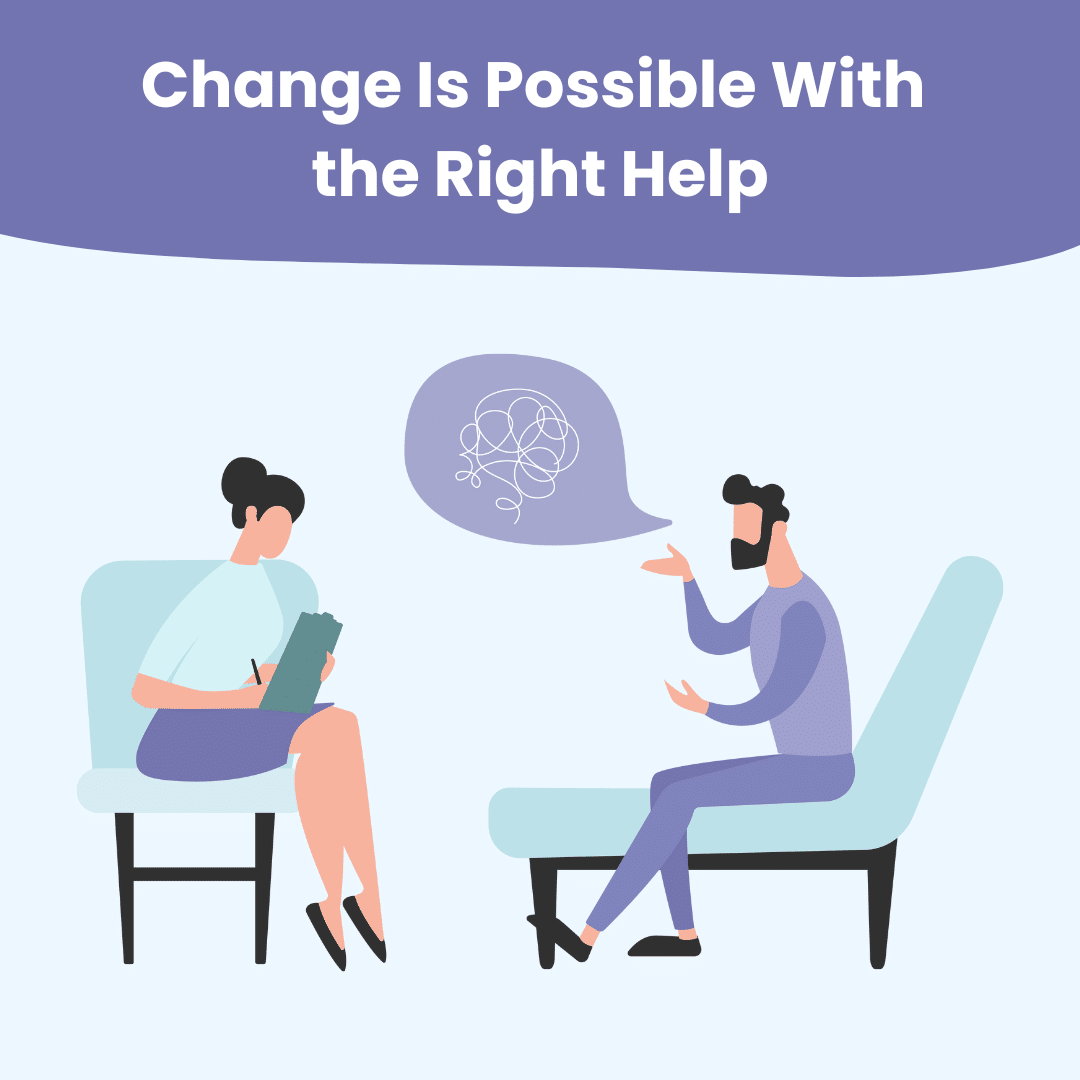
- Updated on 9 July 2024
Tags: burnout; work related stress; stages of burnout
Are you experiencing work related stress? Wondering if what you’re going through is burnout? Unsure if it’s really that bad? Thinking about what the stages of burnout are? You’re not alone.
The 11th Revision of the International Classification of Diseases (ICD-11) describes burnout as exhaustion, increased mental distance from one’s job, and reduced professional efficacy. These must not be caused by other disorders linked to anxiety and fear.
This article describes the 12 stages of burnout according to psychologists Herbert Freudenberger and Gail North. These stages may not occur chronologically. Some individuals only experience some stages. Others may go through multiple stages concurrently.

The Compulsion to Prove Oneself
Initially, there’s excessive ambition and the compulsion to prove oneself. This isn’t just about proving one’s worth to colleagues, but more importantly, to themselves. Hardworking employees and individuals who find it hard to say “no” may end up here too.
Working Harder
This is an escalation of the first stage. Individuals accept more tasks than they can manage. However, their excessive ambition and compulsion to prove themselves drive them to complete all their work by themselves. They don’t ask for help. Employees may also feel “irreplaceable”.
Neglecting Their Needs
As a result of all the extra effort, work takes centre stage. Other aspects of life, such as eating well, sleeping enough, and social interaction, become less important. At times, they are even unnecessary.
Displacement of Conflicts
As more mistakes occur due to the individual’s high workload and lack of rest, interpersonal conflicts ensue. Employees start to come up with excuses for their mistakes. They may even blame others. Employees recognise that something is “off”. However, they are unable to see where their problems originate. Furthermore, uncovering and addressing the root cause is viewed as an internal crisis and even threatening. At this stage, the first signs of physical symptoms, such as exhaustion, appear.

Revision of Values
Here, the employee’s values start to change. Work becomes the most important aspect of life. Meanwhile, family, friends, hobbies, and interests, are seen as irrelevant and are dismissed. Consequently, the individual’s self-worth is measured solely by their work. Furthermore, employees are unaware of the impact of their behaviour on others.
Denial of Emerging Problems
Individuals start becoming intolerant of social interaction. They increasingly view others negatively. For instance, colleagues may be labelled as stupid, lazy, or demanding. The employee is still unable to see the real source of their problems. Instead, they blame their workload or tight deadlines.
Withdrawal
At this stage, their already limited social life is reduced to a minimum. It may even be non-existent. Socially isolated, the employee may therefore turn to alcohol or drugs to relieve stress. Feelings of hopelessness increase.
Obvious Behavioural Changes
Changes in the employee’s behaviour become so apparent. Their family, friends, and colleagues are increasingly concerned. Changes are hard to ignore.
Depersonalisation
At this stage, the employee feels detached. The employee’s view of life is only that of the present moment. Life is reduced to mechanical functions. The employee does not value themselves or others. They are unable to perceive their own needs.
Inner Emptiness
By this stage, the employee feels empty. To overcome this, the employee engages in and exaggerates other activities. These may include overeating, sex, alcohol, or drugs.
Depression
Here, the employee experiences depression. The employee is overwhelmed with feelings of indifference, hopelessness, and exhaustion. It begins to feel like life has no meaning.
Burnout Syndrome
By this point, the employee collapses physically and mentally. Suicidal thoughts may set in. Seek medical help immediately.
If you are feeling suicidal, contact your national suicide prevention hotline. In Singapore, this would be the Samaritans of Singapore. Alternatively, go to the emergency department of a hospital.
How Counselling Helps with Work Related Stress and Burnout
Recognise any of the 12 stages of burnout? Seek help early. Don’t wait for the stress to worsen. Counselling for burnout works towards overall health and happiness. You may also with to check if your organisation has an Employee Assistance Programme.
Topics discussed in burnout counselling may include these.
- How to improve one’s communication skills.
- How to improve personal and professional relationships.
- Identifying and reframing negative thought patterns.
- Exploring interests that bring joy and rejuvenation.
- Setting boundaries at work.
- Stress management techniques.
In conclusion, seeking help early helps you to manage your emotions and stress better. It also improves your overall wellbeing! Speak to one of our therapists today.
Takeaway
Burnout is when you feel really tired, distant from your job, and less effective at work. Identifying the signs of the 12 stages of burnout, identified by psychologists Herbert Freudenberger and Gail North, can help you understand what you’re going through.
It often starts with trying too hard to prove yourself, doing too much work, and ignoring your personal needs. As burnout worsens, you might face conflicts, deny there’s a problem, and withdraw socially. Over time, this can lead to serious issues like feeling empty, depressed, and completely burned out.
It’s important to get help early. Counselling can teach you how to manage stress, improve your relationships, and find joy in life again. Don’t wait for things to get worse—talk to a Therapist and take steps towards feeling better. Reach out today!



